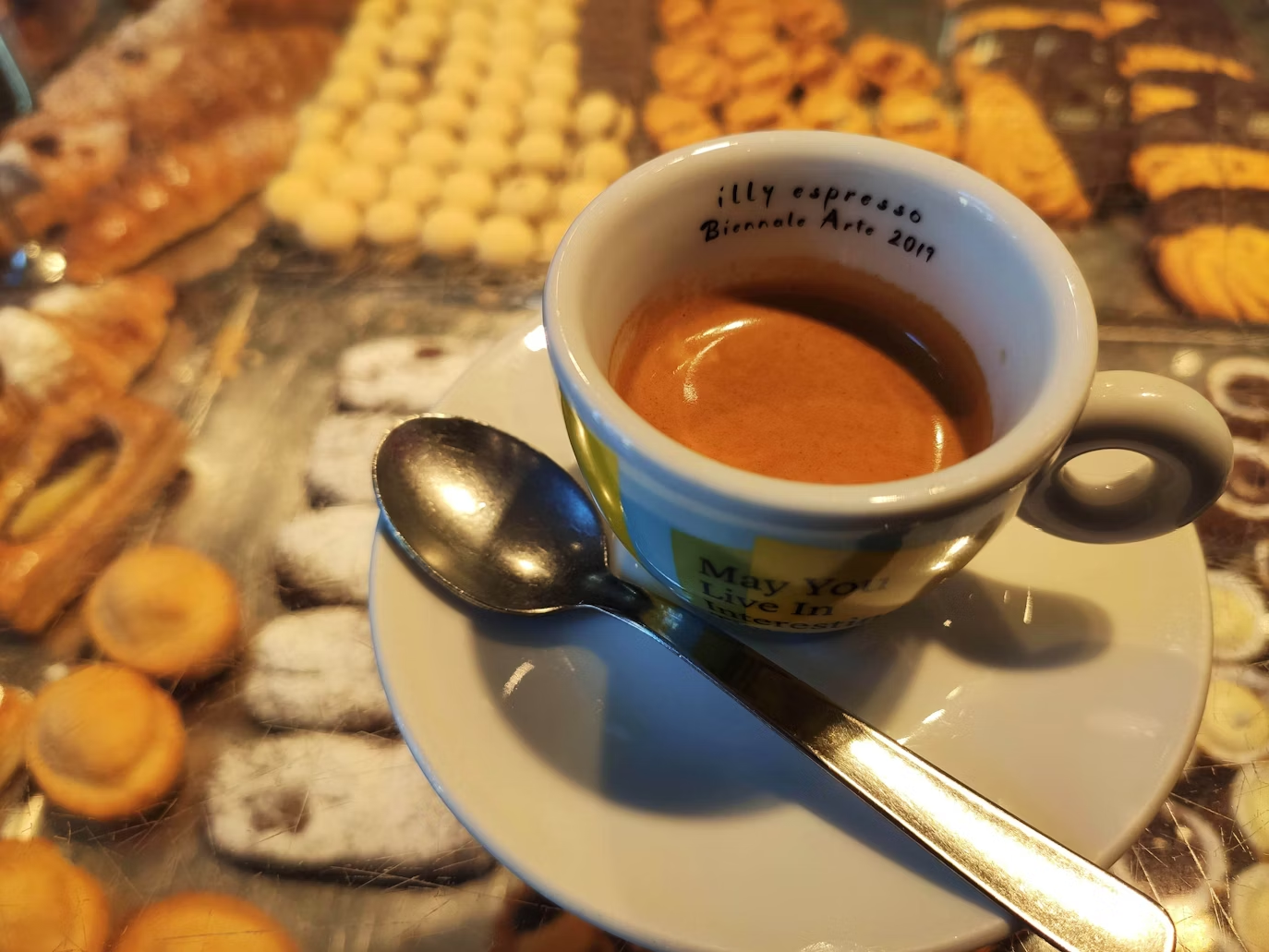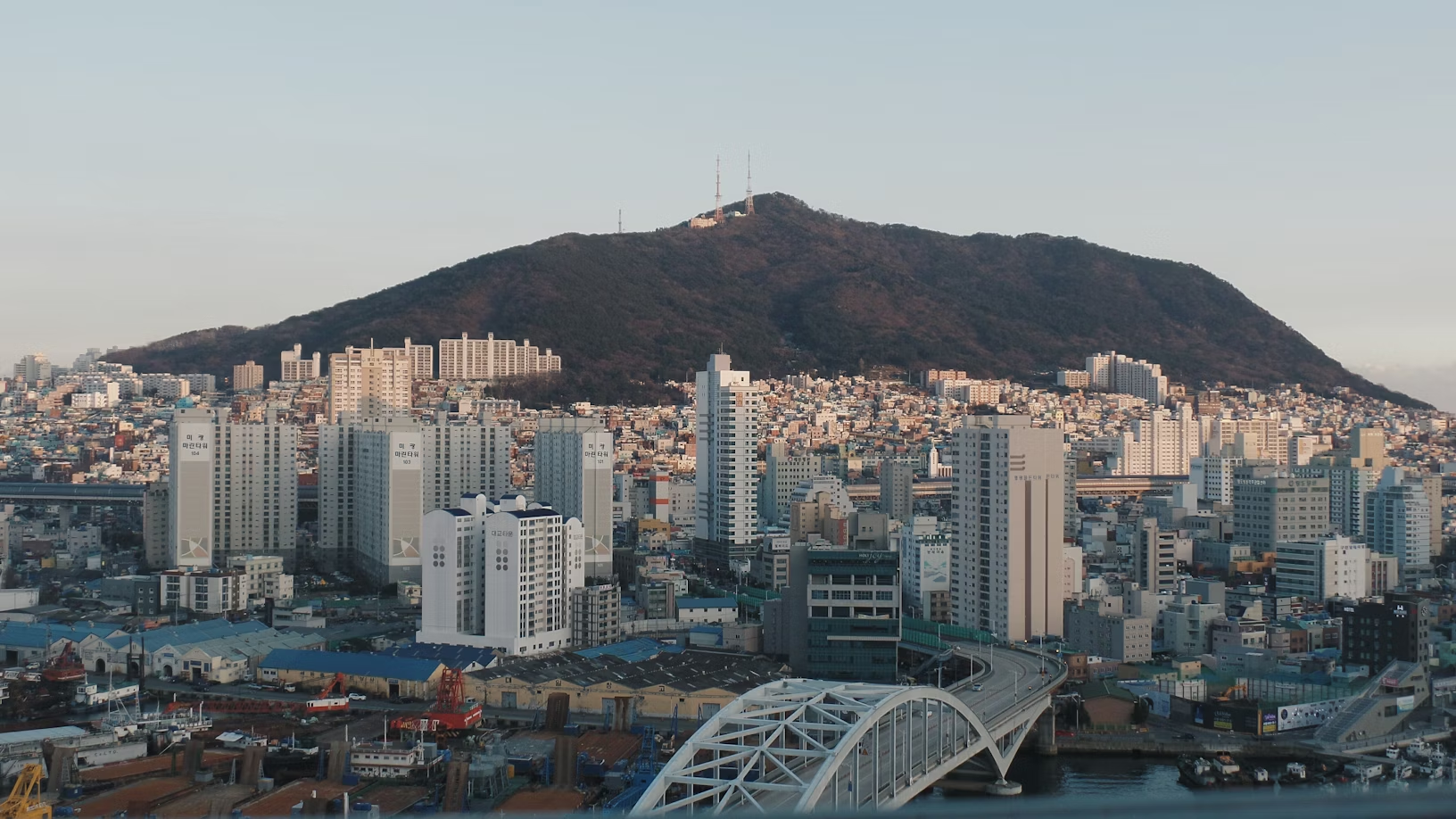Before you dive into your Italian journey, taking a moment to understand Italy’s rich coffee culture will elevate your experience and help you embrace the local traditions like a true insider. In Italy, coffee isn’t just a drink—it’s a way of life, a cherished ritual, and a moment of connection. From morning espressos to afternoon macchiatos, every cup tells a story.
So, pull up a chair, imagine the aroma of freshly brewed coffee, and let’s explore everything you need to know to enjoy Italy’s vibrant coffee scene fully.
The Art of Ordering: More Than Just “Coffee, Please”
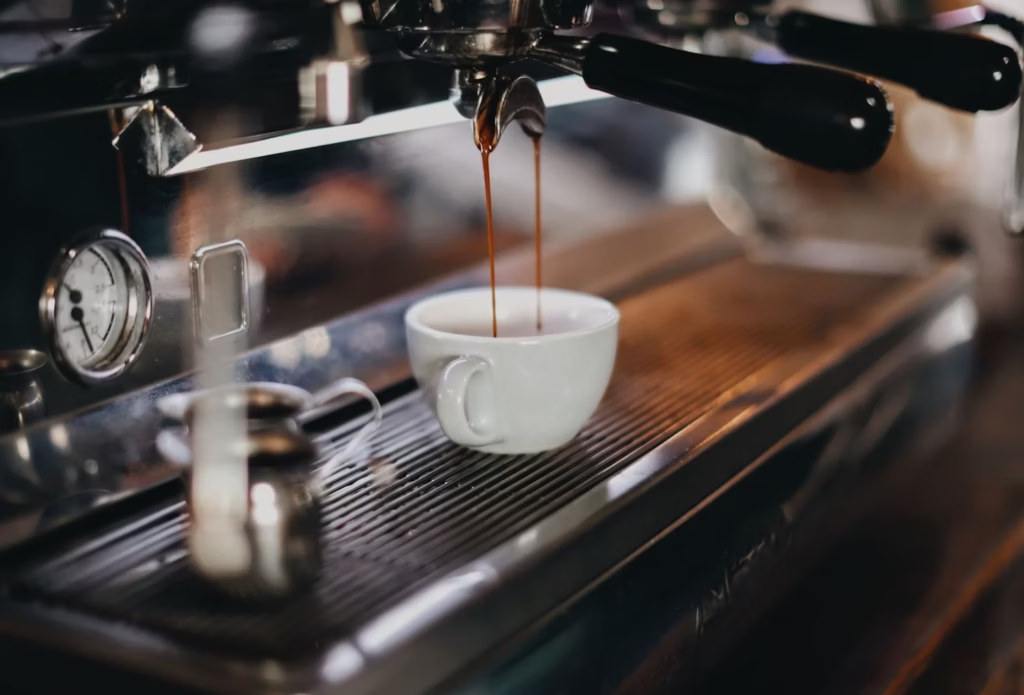
Stepping into an Italian bar—more akin to a café than a bar in English—can feel intimidating if you’re used to lengthy menus and customized coffee orders. In Italy, ordering coffee is quick and straightforward. The default order is “un caffè,” which gets you an espresso. If you’d like a cappuccino, ask for it specifically. And if you request a “latte,” don’t be surprised when you’re handed a glass of milk—that’s precisely what the word means in Italian.
Timing is also key when it comes to coffee in Italy. Cappuccinos are traditionally a morning drink and are rarely ordered after 11 am. While no one will stop you from ordering one later in the day, it might earn you a curious look from the barista. For the afternoon or evening, Italians typically opt for other options like:
- Espresso: the classic “un caffè,” a small but strong shot of coffee that forms the foundation of many other coffee drinks. Perfect for a quick, bold caffeine boost.
- Macchiato: a traditional espresso “stained” with a small dollop of foamed milk, offering a touch of creaminess while keeping the intense coffee flavor intact.
- Caffè lungo: a longer-pull espresso made with extra water, resulting in a milder and slightly larger drink than a standard espresso, ideal for those who enjoy a less concentrated coffee.
Learning these basic coffee terms and customs with this learning guide ensures you get your desired drink and demonstrates respect for Italian culture. By following these traditions, you’ll blend in seamlessly and enjoy your Italian coffee experience like a local.
Standing at the Bar: A Quick and Social Ritual
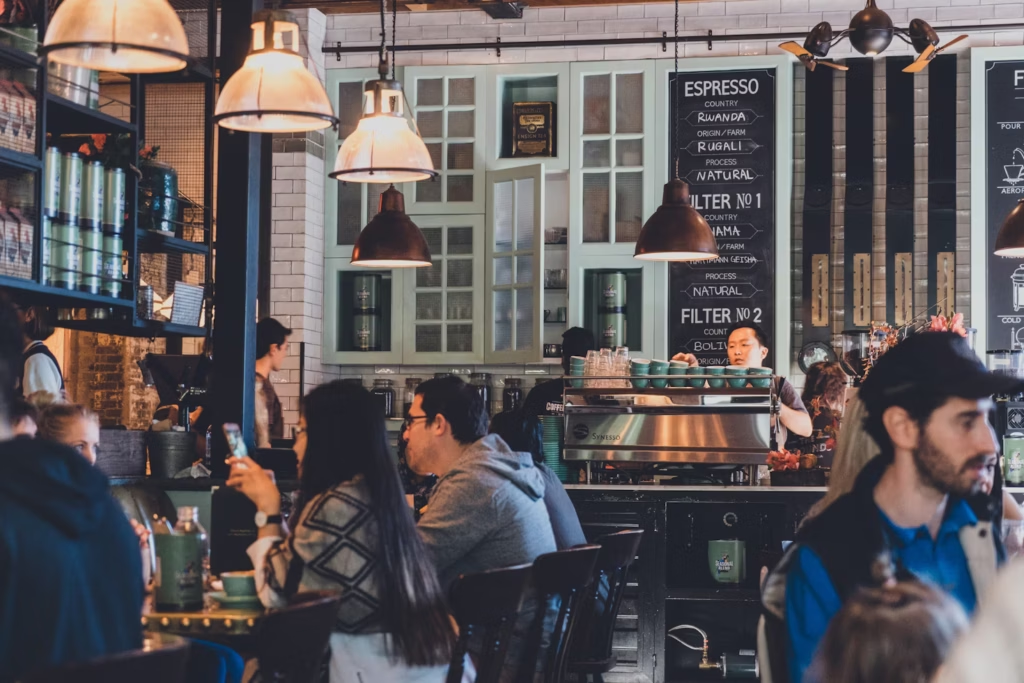
One of the most unique aspects of Italian coffee culture is the tradition of drinking coffee while standing at the bar. This isn’t considered rushed or impolite—it’s a quick, efficient, and social way to enjoy an espresso while exchanging a few friendly words with the barista or other customers. Locals often pop into their neighborhood bar for a swift coffee before work or during a short break, making it a casual yet integral part of daily life.
The process is seamless and straightforward. Typically, you’ll pay for your coffee at the cassa (cashier) first and receive a receipt, which you then hand to the barista. This system keeps things organized, especially during peak hours, and ensures your coffee is served promptly. Remember that this is a “grab-and-go” experience—lingering at the bar during busy times is uncommon.
Some bars offer tables and chairs with table service if you want a more relaxed coffee break. However, be aware that there is usually an extra charge for sitting down. Standing at the bar is the way for those who are short on time or looking for an authentic Italian coffee experience. It’s a simple ritual that encapsulates the essence of Italian café culture.
The Essence of Italian Coffee Culture: Espresso
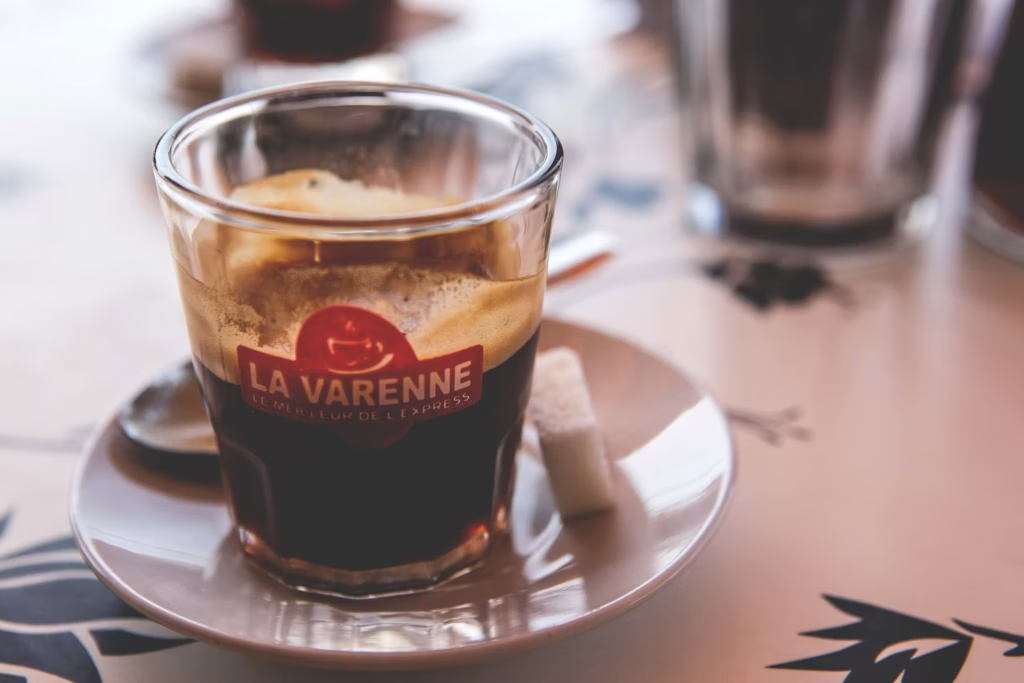
Espresso is the cornerstone of Italian coffee culture, embodying tradition and passion. Brewed by forcing hot water through finely-ground coffee beans, this concentrated shot of coffee delivers an intense and flavorful experience. Italians take their espresso seriously, and skilled baristas pride themselves on crafting the perfect shot every time. A defining feature of a well-made espresso is the crema, the reddish-brown foam that sits atop the drink, signifying quality and expertise.
Italian espresso is distinct from larger, milder coffees common in other parts of the world. Designed to be enjoyed in a few quick sips, it’s bold, strong, and provides an immediate energy boost. Despite its small size, a single espresso is packed with flavor and caffeine, making it the quintessential Italian coffee experience. It’s not just a drink; it’s a ritual woven into the fabric of daily life in Italy.
For those seeking variety, espresso offers a few popular options:
- Doppio: A double shot of espresso, delivering a bold and robust flavor with twice the caffeine of a single shot. It’s perfect for those who need an extra boost to power through their day.
- Ristretto: A shorter, even more concentrated shot of espresso, made with less water, resulting in a richer and more intense flavor. Ideal for coffee enthusiasts who love a strong, focused taste in every sip.
While these variations are available, the single espresso remains the purest expression of Italian coffee culture, embodying simplicity and intensity in every sip.
Regional Variations: A Taste of Local Flavors
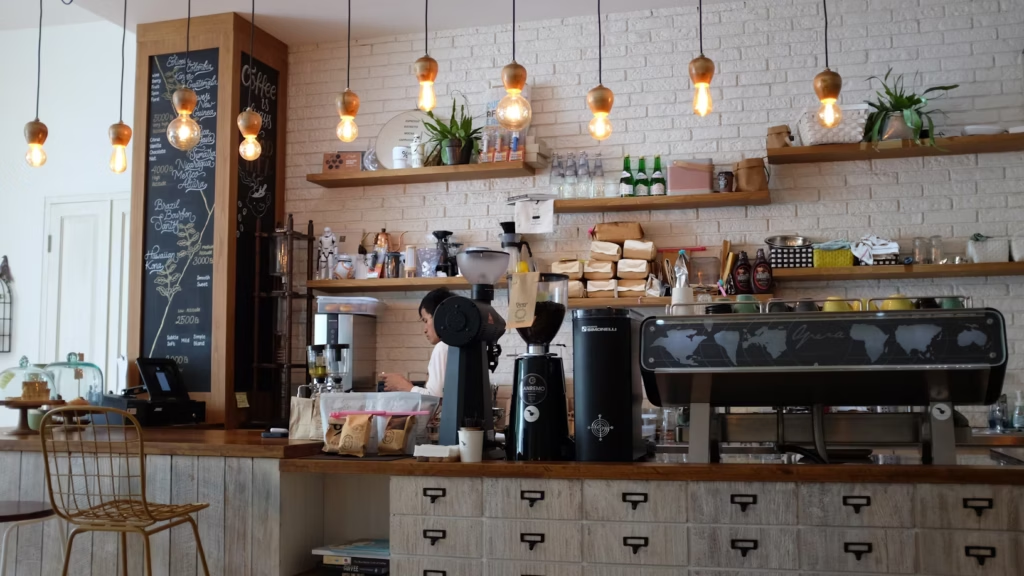
Espresso is a staple across Italy, but regional specialties bring unique flavors to the country’s coffee culture. In northern Italy, particularly in Turin, you’ll find bicerin, a decadent layered drink made of espresso, chocolate, and whole milk. This rich and warming beverage is a must-try for chocolate and coffee lovers alike. On the other hand, Naples is known for its caffè sospeso tradition, where patrons pay for an extra coffee to be given to someone in need, reflecting the region’s generosity and community spirit.
Even the preparation and serving of coffee vary slightly from region to region. For instance, some areas prefer a darker roast, while others lean toward sweeter blends. These subtle differences in taste and technique create a diverse coffee experience that changes as you travel through the country.
Exploring regional coffee traditions can be a highlight of your Italian journey. Ask locals for their favorite coffee specialties to make the most of it. Look out for hidden gems like:
- Unique blends or roasts specific to the area often feature carefully selected beans sourced from local or regional farms to create a distinctive flavor profile.
- Signature drinks created by small, local cafés showcase creativity and craftsmanship, often inspired by the community’s tastes and trends.
- Family recipes passed down through generations, preserving tradition and offering a glimpse into the rich history and culture of the region through every sip.
You never know what delightful surprises await in Italy’s vibrant coffee culture!
Coffee at Home: A Daily Ritual
In Italy, coffee is more than just a beverage—it’s a daily ritual. Many households have their moka pots, small stovetop brewers that create rich, espresso-like coffee. Making moka coffee is a cherished tradition, bringing family and friends together for conversation and connection. This simple act transforms coffee into a symbol of warmth and togetherness.
Coffee in Social Settings
Coffee is vital in social gatherings and even business meetings in Italy. Offering a coffee to a guest is a familiar gesture of hospitality, creating a moment of shared connection. Whether catching up with friends at a café or hosting a meeting, the presence of coffee helps foster relationships and sets the tone for meaningful interactions.
Coffee and Customs: A Cultural Staple
Coffee is also an integral part of Italian dining customs. After a meal, enjoying an espresso as a digestivo is customary to conclude the experience. To fully embrace Italian culture, keep these customs in mind:
- Offer coffee as a gesture of hospitality, showing warmth and friendliness to your guests. It’s a simple way to make them feel welcome and valued.
- Conclude meals with an espresso, a traditional way to end on a high note and aid digestion after enjoying a hearty meal. It’s a staple in many cultures, especially in Italy.
- When visiting an Italian home, appreciate the moka pot tradition, as it represents a cherished ritual passed down through generations. Enjoying this rich, aromatic coffee shows respect for their customs.
Understanding these practices will help you appreciate coffee’s deep cultural significance in Italy.
Final Thoughts
Italy’s coffee culture is a vibrant blend of traditions, rituals, and flavors. It revolves around quick stops at the bar, where espresso is brewed to perfection and enjoyed with speed and sociability. Each region brings subtle variations, adding a local flair to this beloved daily ritual. Understanding these nuances helps you confidently order your coffee and deepens your appreciation for a core part of Italian life.
When you visit Italy, immerse yourself in the experience. Stand at the bar, embrace the espresso, and savor every sip. It’s more than just a caffeine fix—it’s a moment to connect with the culture and history of Italy, one cup at a time.

